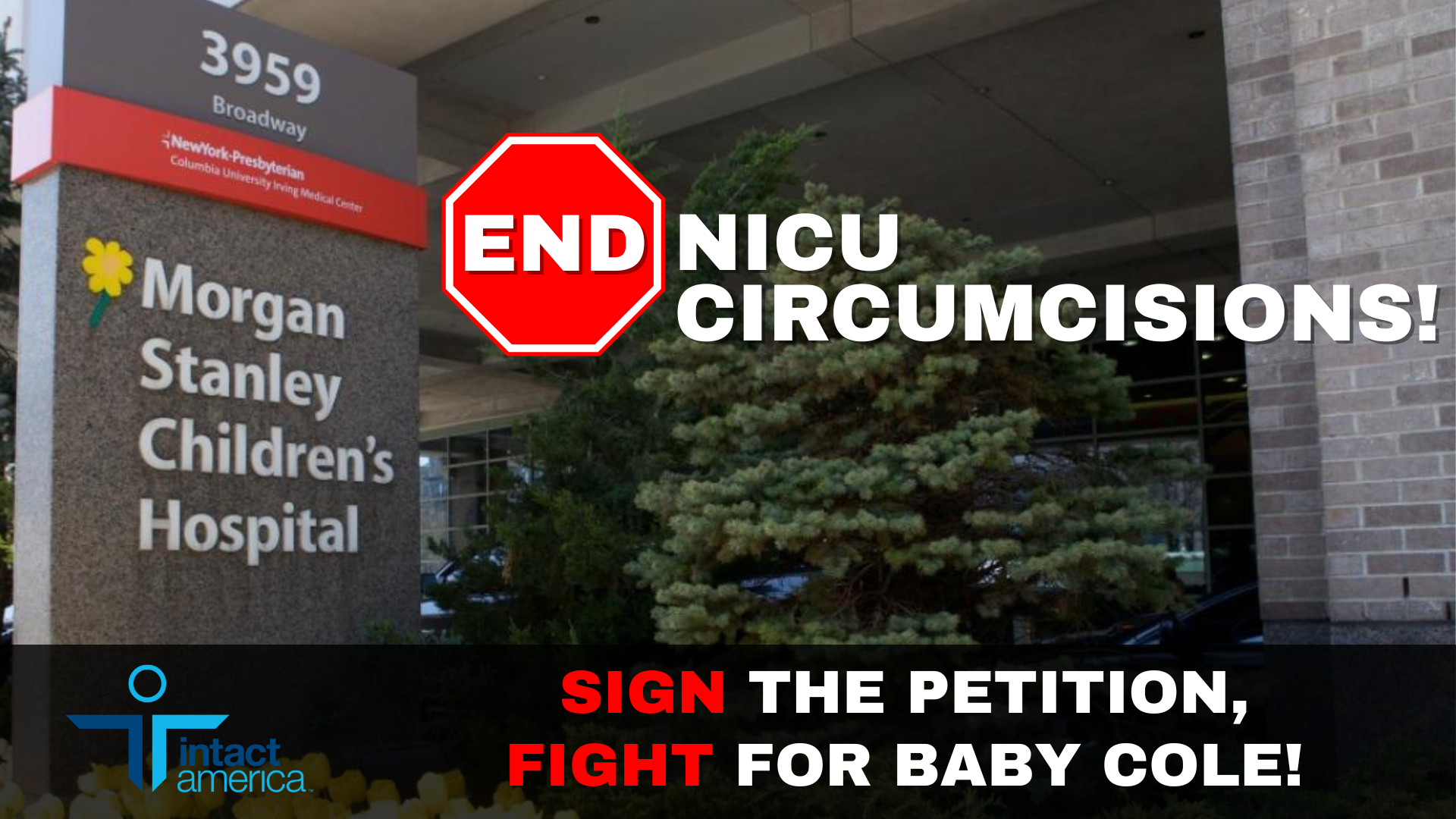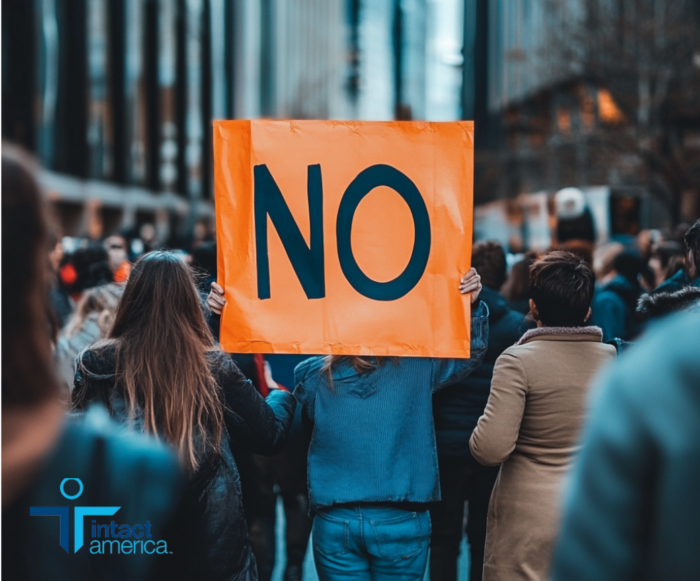The 23rd of December 1947 is a day I’ll never forget. That is when I first learned, to my horror, what a circumcision was.
I was raised Roman Catholic and attended 12 years of parochial school. That day marked the last class before Christmas break, and the teacher (a nun) explained why January 1 was a holy day of obligation. (It’s the Feast of the Circumcision.)
In that moment, I understood immediately what had been done to my body. I understood why I was never comfortable there and why my clothes were always irritating me. I realized then that the head of my penis was meant to be covered. It was this unnatural exposure that was causing me to experience an almost constant state of semi-arousal. It’s not normal to be exposed that way. Being sexually aware and acting on that awareness are two, very different, things. I was an introvert, and thus a shy child, and there was no one with whom I could speak. I never broached the subject with my parents because I knew they would dismiss it, hoping I’d forget about it.
This is not considered a “normal” preoccupation, but then, having a scar encircling one’s penis isn’t “normal” either in most of the world, no matter how much our American culture insists that it is.
As a gay man who had wished since childhood for a foreskin to soothe the constant discomfort, I always found the circumcised penis ugly and to be a turn-off. It’s difficult to explain the trauma of being unable to discreetly identify intact gay men with whom to engage in sex, especially as an introvert.
This act that was done to me without my consent makes me very angry. I’ve channeled that anger into researching circumcision and the arguments for and against it for more than 75 years now. I still don’t understand why someone would amputate a normal body part simply because they have accepted without question the notion that it’s not clean.
For some reason in American culture, we don’t talk about the penis in a matter-of-fact way, and we definitely don’t talk about its foreskin—except to say that it’s dirty. What this is referring to is smegma, a word normally heard only in the context of jokes. Smegma is a natural lubricant the body produces to prevent the foreskin lining from adhering to the glans. It’s made of body oils, skin cells and moisture. Every body produces smegma—it’s between our toes and behind our ears, anywhere skin folds against itself. We just give it a quick wash and get on with our day.
The idea that a foreskin is dirty is a uniquely American notion. We’ve been cutting it off for six generations. We’re the only advanced nation where cutting off the foreskin of a male infant is routine practice, and we don’t even know why. The medical community makes all sorts of excuses that don’t hold up to science—while the rest of the advanced nations think we’re crazy. It’s sexual violence on an infant. It’s just insane.
But it’s so normalized. At a recent medical appointment, the doctor asked me to list every surgery I had ever had. I included circumcision on that list, but when I reviewed notes from the appointment, I realized she had left that one off. It has become so ubiquitous that she didn’t even mention it.
I’m 82 years old, and I’ve become more outspoken about this. I have repeatedly sent email letters to my congressmen and women and my senators, and their response is, “There, there. Don’t worry about it. We’re taking care of you.” They don’t see the harm that’s been done. I really feel that most American men have the attitude that it was done to them and there’s nothing they can do about it now. But it’s a human rights issue. And no one wants to listen.
— Wallace Muenzenberger
Interested in lending your voice? Send us an email, giving us a brief summary of what you would like to write about, and we will get back to you.








No Comments